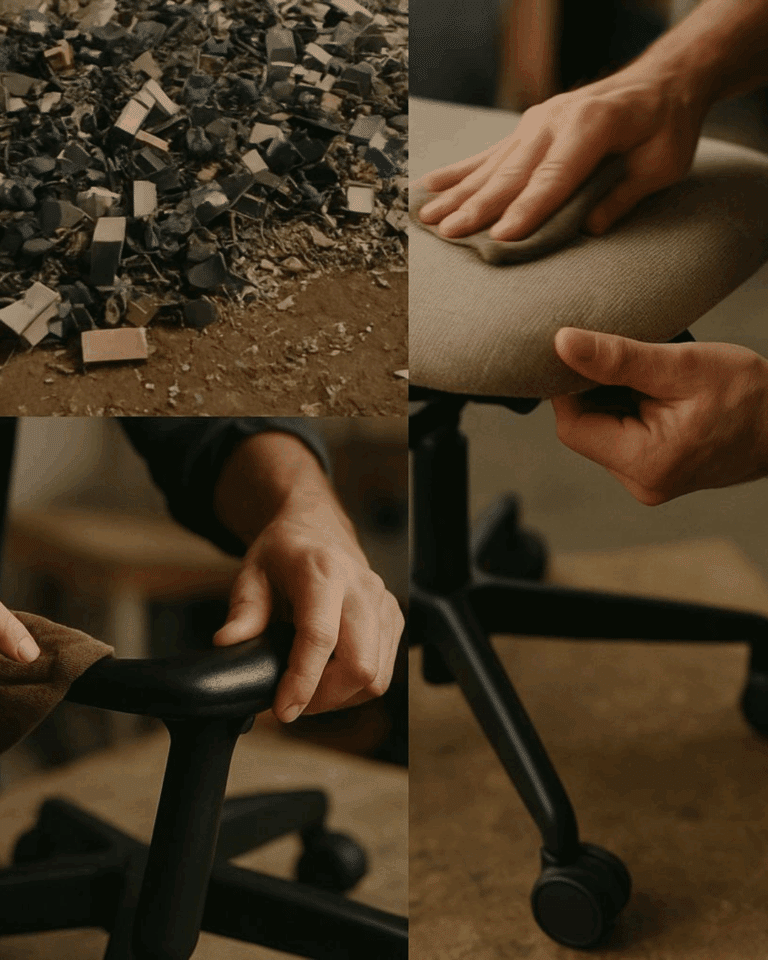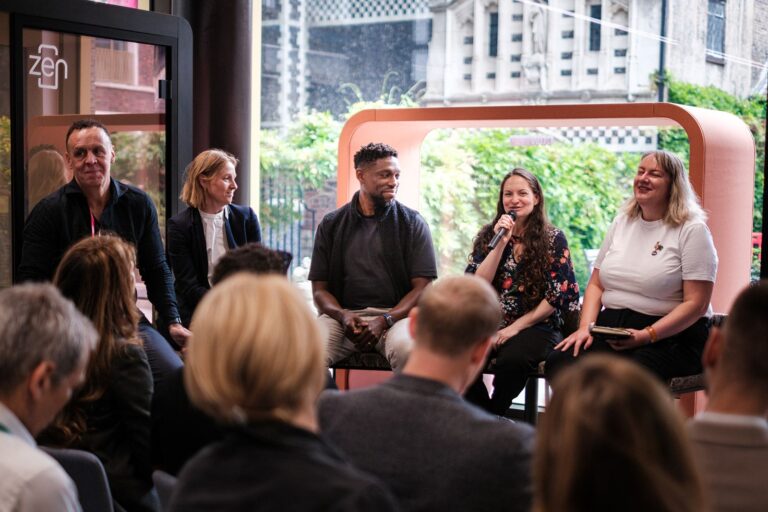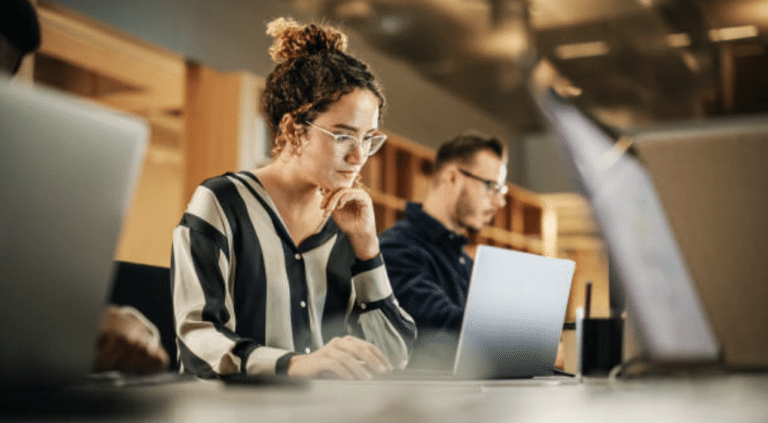Wellbeing is a very broad concept, and certainly there is no one single explanation, it can possibly be defined as a state where one feels comfortable, happy, and healthy with positive emotions and moods, satisfaction in life and a sense of purpose. How can we achieve that?
- Connect. We live in an era where it’s easier to text a stranger rather than to say hello to a neighbour
face to face. We get hyped by “likes” on social media, but we may struggle to compliment
someone in person.
In a world where we are so digitally engaged, we need human connection more than ever.
It is a fundamental human need to feel close to and valued by other people. Human and
social connection can help against depression and anxiety, can give us a sense of belonging,
purpose, happiness, self-worth and confidence. Several studies show that the medial
prefrontal cortex – a region in our brain – gets activated when we self-reflect, it enables
social influence and desires connection.
How do you connect to someone then?
o Try to call or talk to someone instead of sending an email.
o Speak to someone new or that you don’t know.
o Ask questions and really pay attention to what the person is telling you.
o Give 5 minutes of your time to someone to find out how they’re really doing, you’ll
be surprised by how much you can discover about someone. - Move your body and be active. This is not big news; being active is good for you. Many of us associate the concept of being
active with achieving competitive goals or challenges and have so many expectations that
one ends up feeling overwhelmed. But that’s not necessary, there’s something out there for
everyone, it can be slow-paced activities like walking. This will still be beneficial. Being active
has an impact on your physical wellbeing; indeed, research shows that being active can
reduce the risk of developing conditions like heart disease and strokes by up to 50%.
It also has a huge impact on your mental wellbeing by reducing the risk of developing conditions.
Here are a few tips on how to be more active:
o Try to take the stairs when possible
o Take a walk on your lunch break
o Walk to work if you can or get off the tube or bus one stop earlier
o Explore local parks
o Stretch your body in the morning - Be present. Teaching our minds to be focused and present can be very challenging, especially considering the digitally modern world where we live in. We’re constantly stimulated and bombarded by messages, news, and information. Research shows that our attention span has decreased over the years because of this. Trying to be more present and practise mindfulness in our life can really help us understand our emotions, decrease stress and anxiety and observe what’s going on internally and externally. It can really help us to be more engaged in our daily life. You can try to be more present by visiting a new place for lunch, switching off your phone or silencing it for a couple of hours a day, have some time in the morning just to yourself and set the day right, eat mindfully, spend time outdoors and enjoy nature, focus on one task at a time, give yourself permission to feel any feeling and emotion you experience, be creative.
- Learn. Learning is essential to our wellbeing. Just as food nourishes our bodies, new information and learning nourish our minds. Try to keep learning in your life, it will boost your self-esteem, help you acquire new critical and thinking skills, and help you connect with people
from different cultures with different views. Evidence shows that engaging in social and educational activities can help to lift older people out of depression.






